| | #1 |
| Distinguished - BHPian  Join Date: May 2021 Location: India
Posts: 230
Thanked: 5,761 Times
| |
| |  (139)
Thanks (139)
Thanks
|
| |
| | #2 |
| Senior - BHPian Join Date: Jul 2012 Location: Chennai
Posts: 1,763
Thanked: 4,763 Times
| |
| |  (9)
Thanks (9)
Thanks
|
| | #3 |
| BHPian Join Date: Apr 2012 Location: Delhi
Posts: 917
Thanked: 2,376 Times
| |
| |  (15)
Thanks (15)
Thanks
|
| | #4 |
| BHPian Join Date: Jan 2017 Location: Delhi / Nagoya
Posts: 816
Thanked: 3,272 Times
| |
| |  (23)
Thanks (23)
Thanks
|
| | #5 |
| Senior - BHPian Join Date: Jul 2016 Location: Hyderabad
Posts: 1,099
Thanked: 1,620 Times
| |
| |  (2)
Thanks (2)
Thanks
|
| | #6 |
| Team-BHP Support  | |
| |  (25)
Thanks (25)
Thanks
|
| | #7 |
| BHPian Join Date: Oct 2022 Location: Trivandrum
Posts: 122
Thanked: 300 Times
| |
| |  (3)
Thanks (3)
Thanks
|
| | #8 |
| Senior - BHPian Join Date: Jan 2020 Location: KA01/AP31
Posts: 1,314
Thanked: 3,968 Times
Infractions: 0/1 (7) | |
| |  (16)
Thanks (16)
Thanks
|
| | #9 |
| Senior - BHPian | |
| |  (1)
Thanks (1)
Thanks
|
| | #10 |
| BHPian Join Date: Dec 2012 Location: bangalore
Posts: 790
Thanked: 2,511 Times
| |
| |
| | #11 |
| BHPian Join Date: Nov 2013 Location: Bangalore
Posts: 318
Thanked: 1,021 Times
| |
| |  (2)
Thanks (2)
Thanks
|
| |
| | #12 |
| BHPian Join Date: Jul 2020 Location: Madurai
Posts: 52
Thanked: 124 Times
| |
| |  (5)
Thanks (5)
Thanks
 |
| | #13 |
| BHPian Join Date: Aug 2022 Location: Dwarahat
Posts: 500
Thanked: 1,690 Times
| |
| |  (1)
Thanks (1)
Thanks
|
| | #14 |
| Newbie Join Date: Oct 2022 Location: Bangalore
Posts: 12
Thanked: 13 Times
| |
| |  (2)
Thanks (2)
Thanks
|
| | #15 |
| Distinguished - BHPian  Join Date: Jul 2011 Location: Bombay
Posts: 2,026
Thanked: 16,900 Times
| |
| |  (7)
Thanks (7)
Thanks
|
 |
Most Viewed







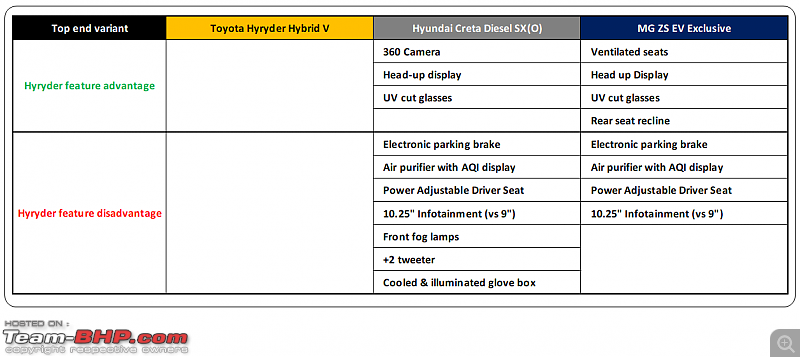
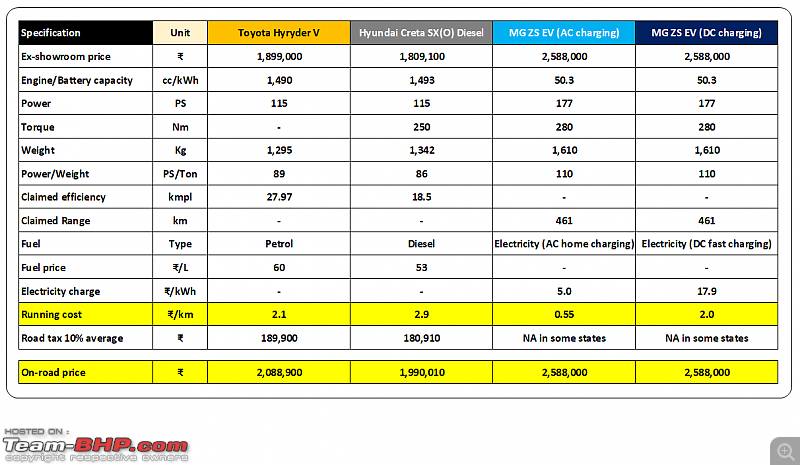
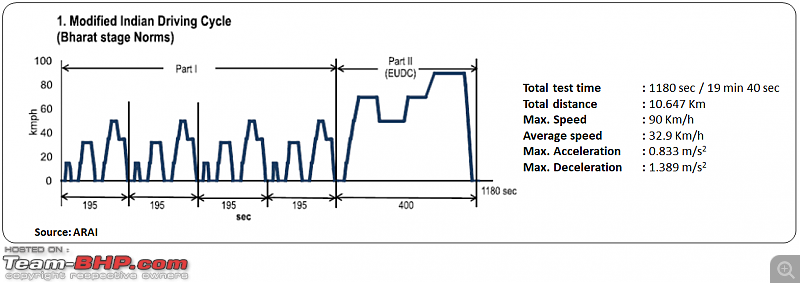
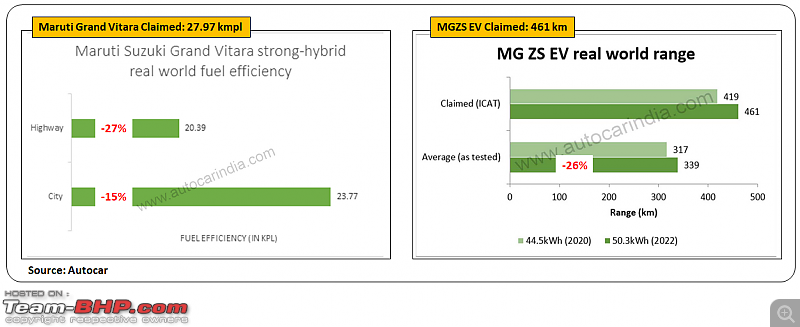
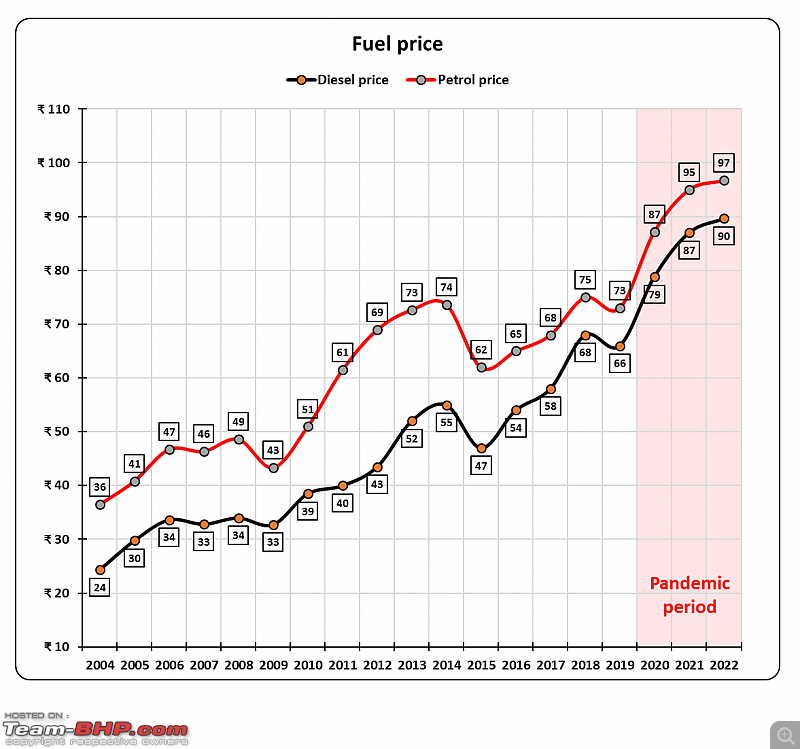
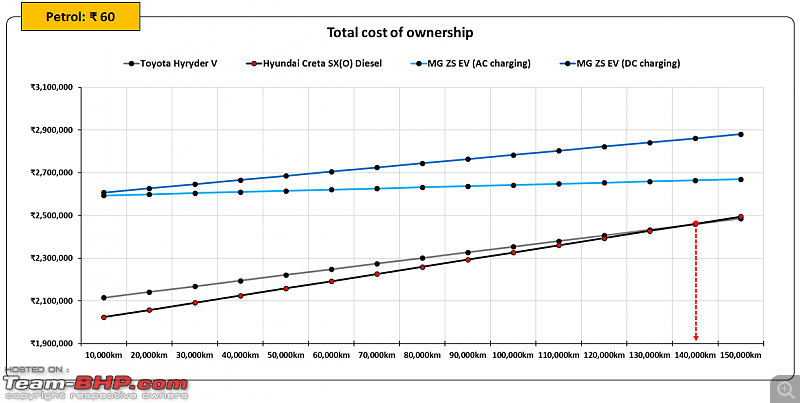
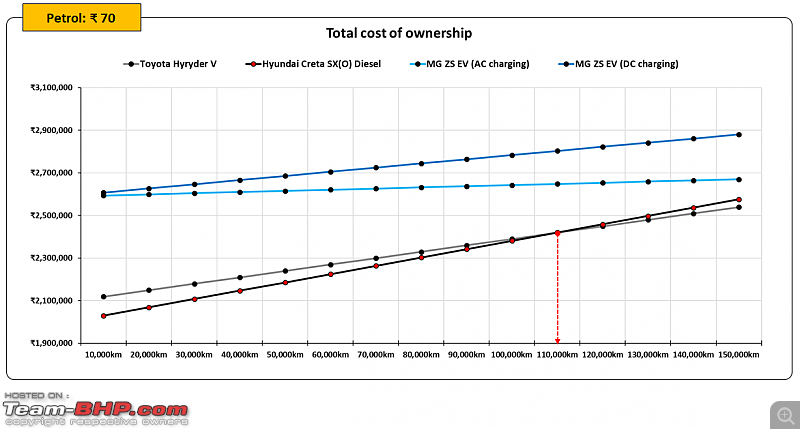
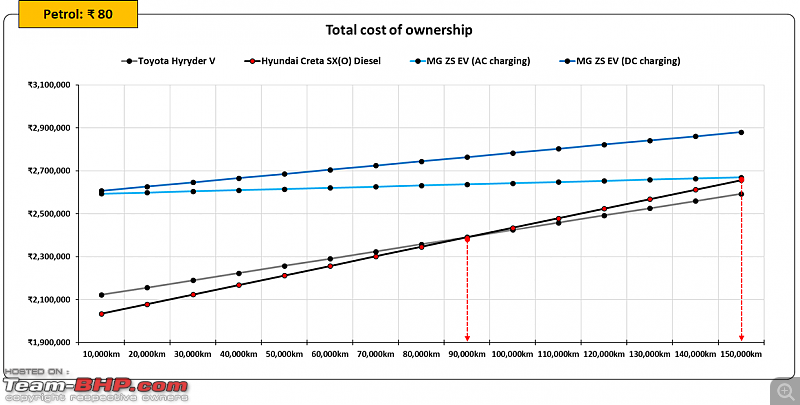
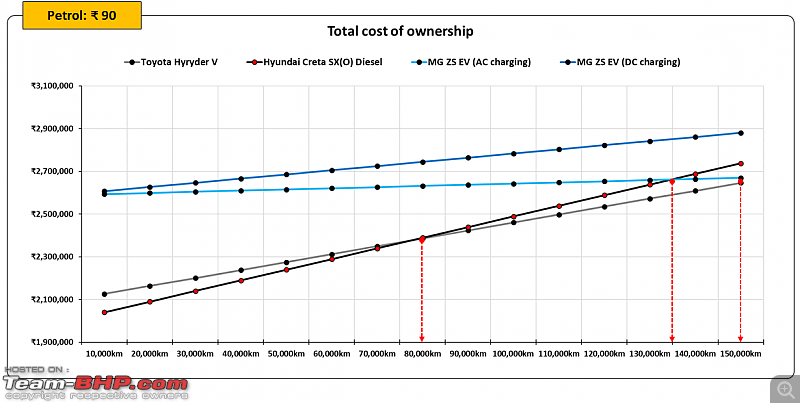
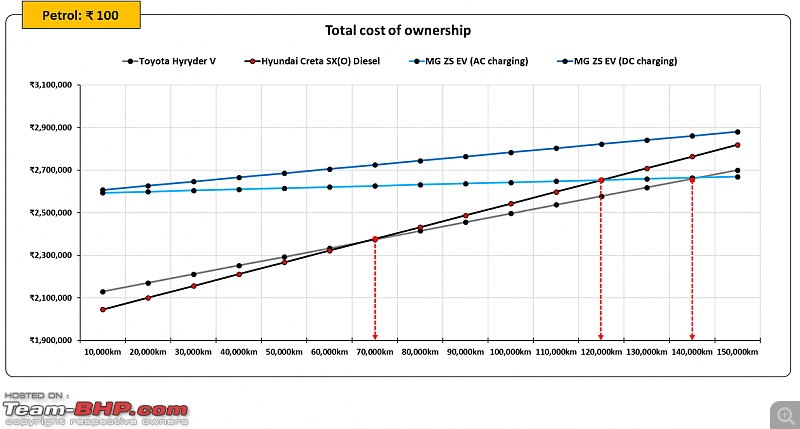
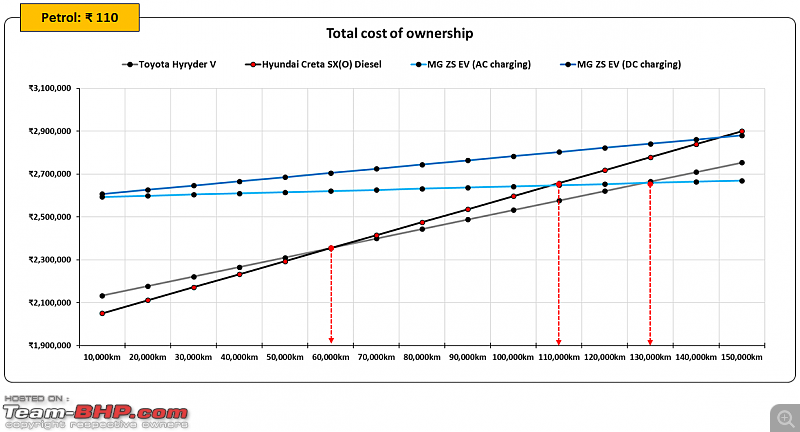
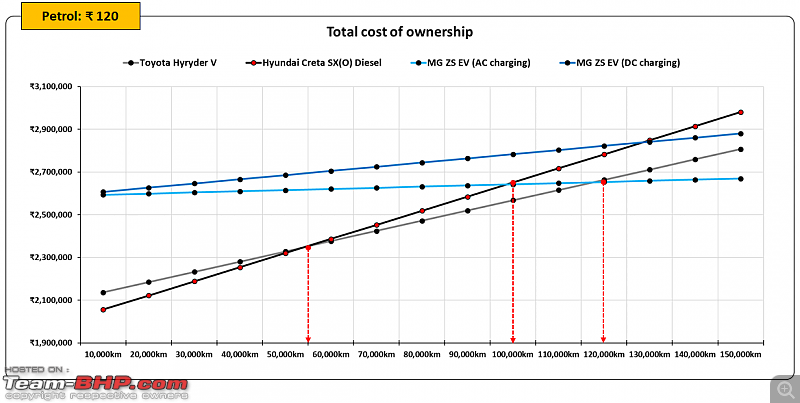
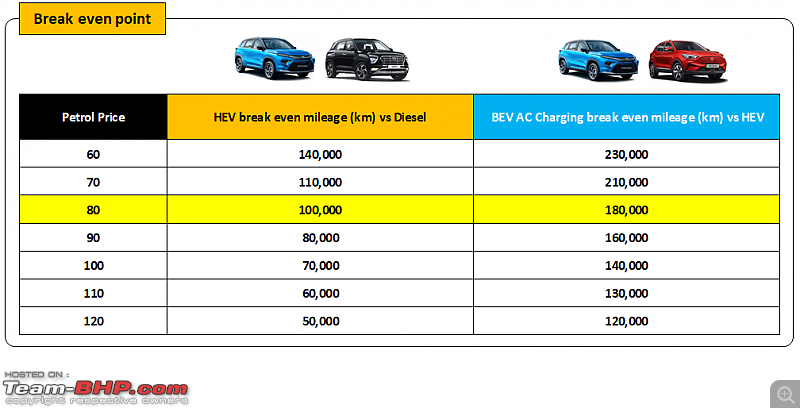
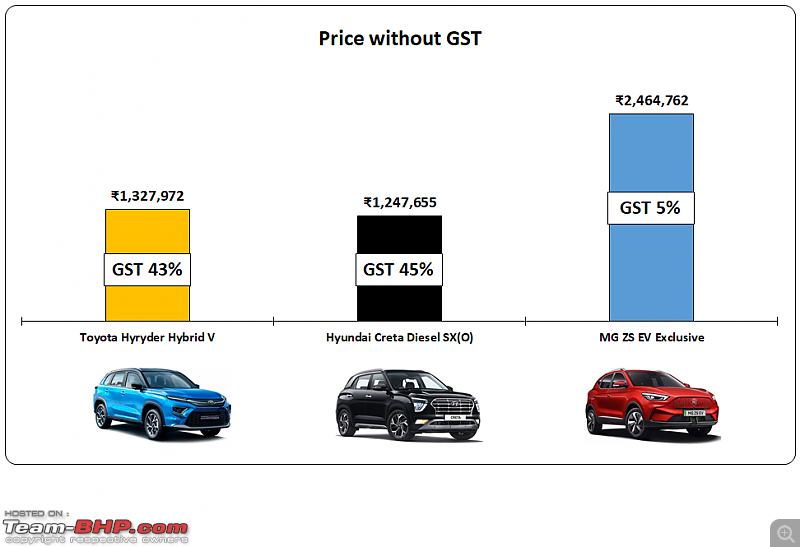
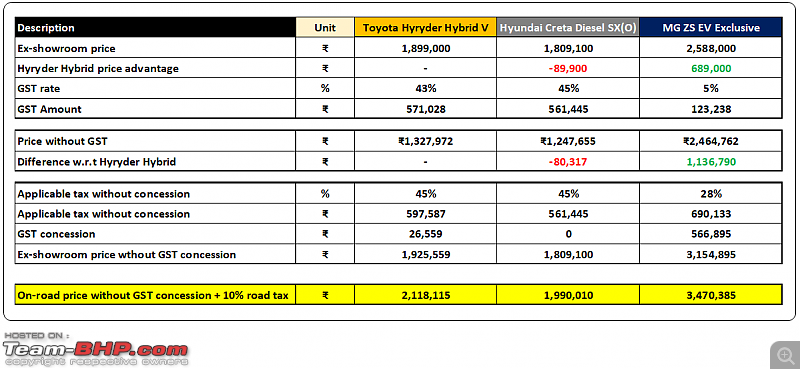
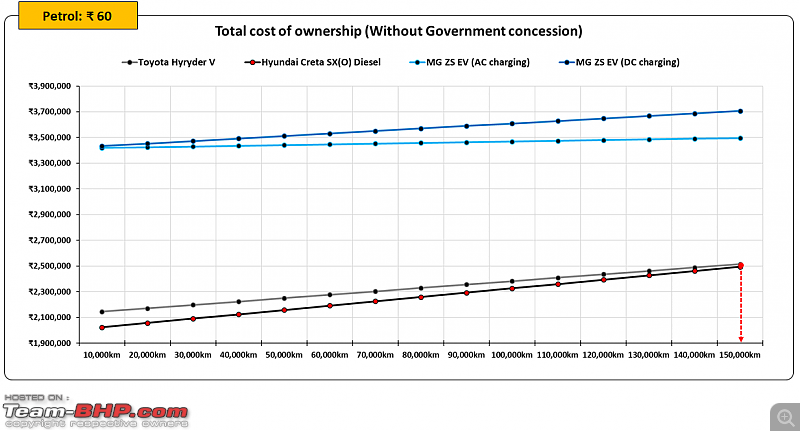
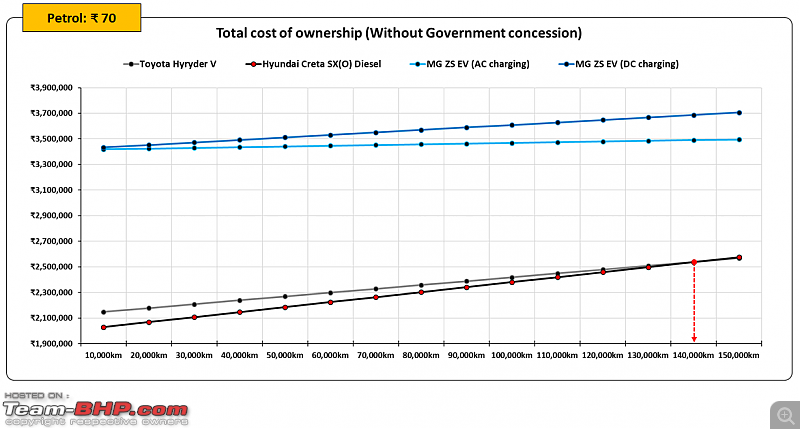
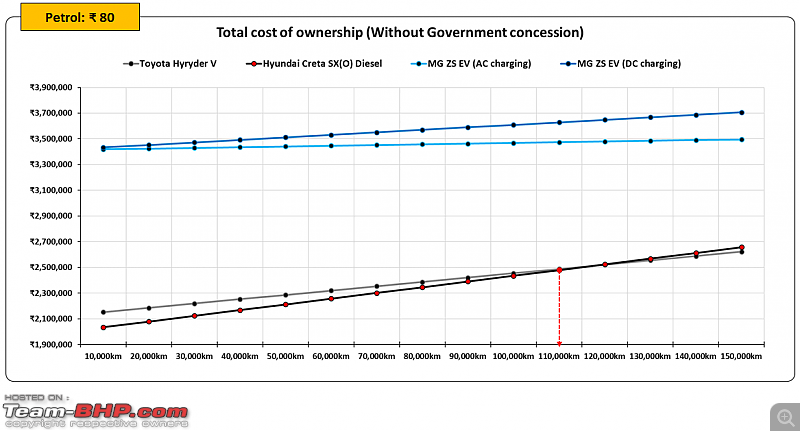
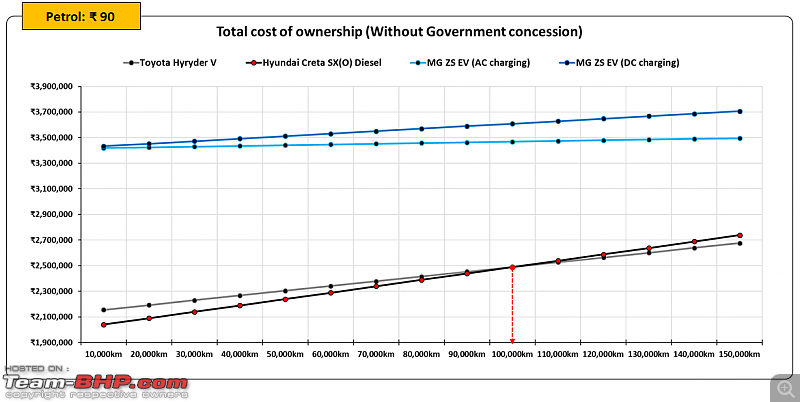
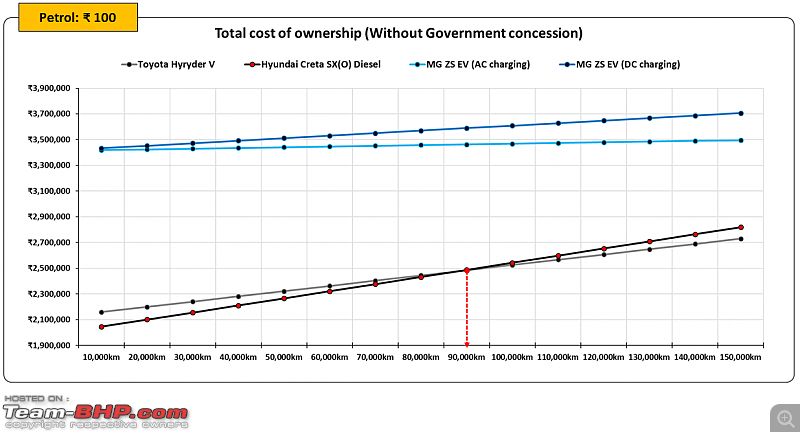
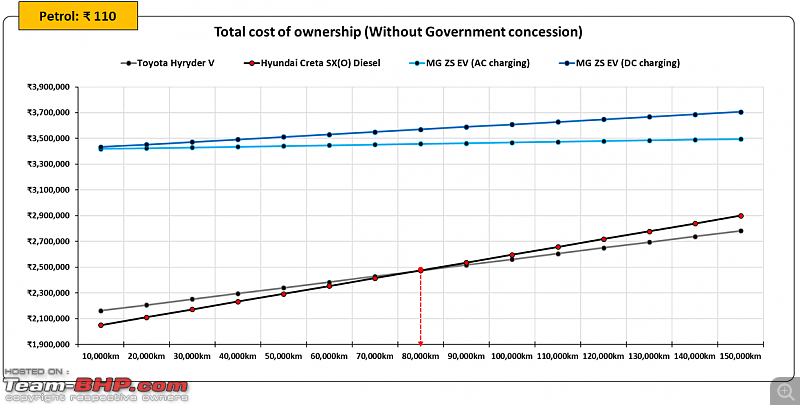
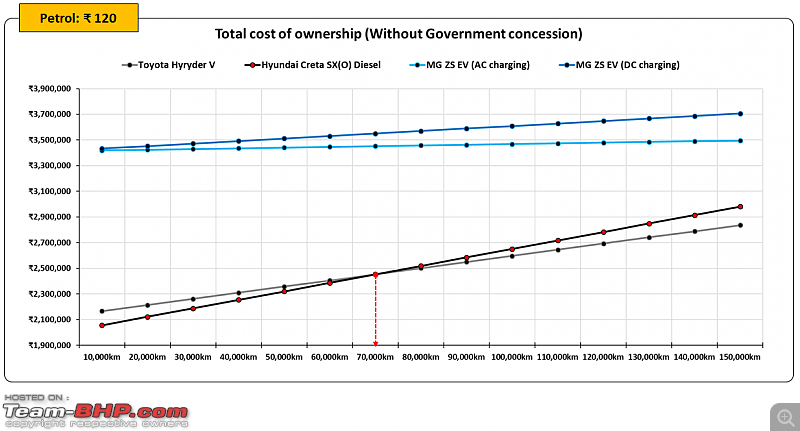
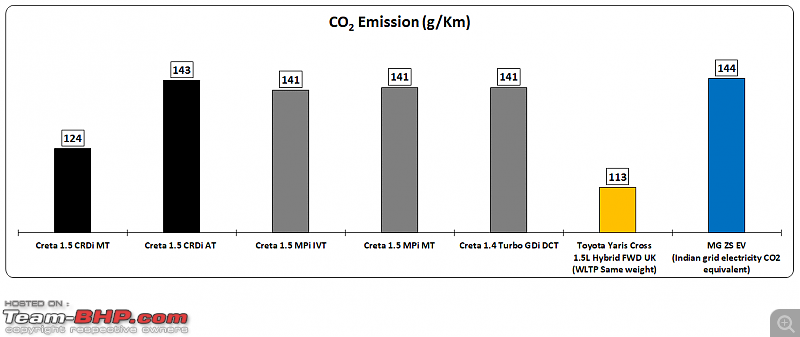


 . On the top of our homepage today!
. On the top of our homepage today!